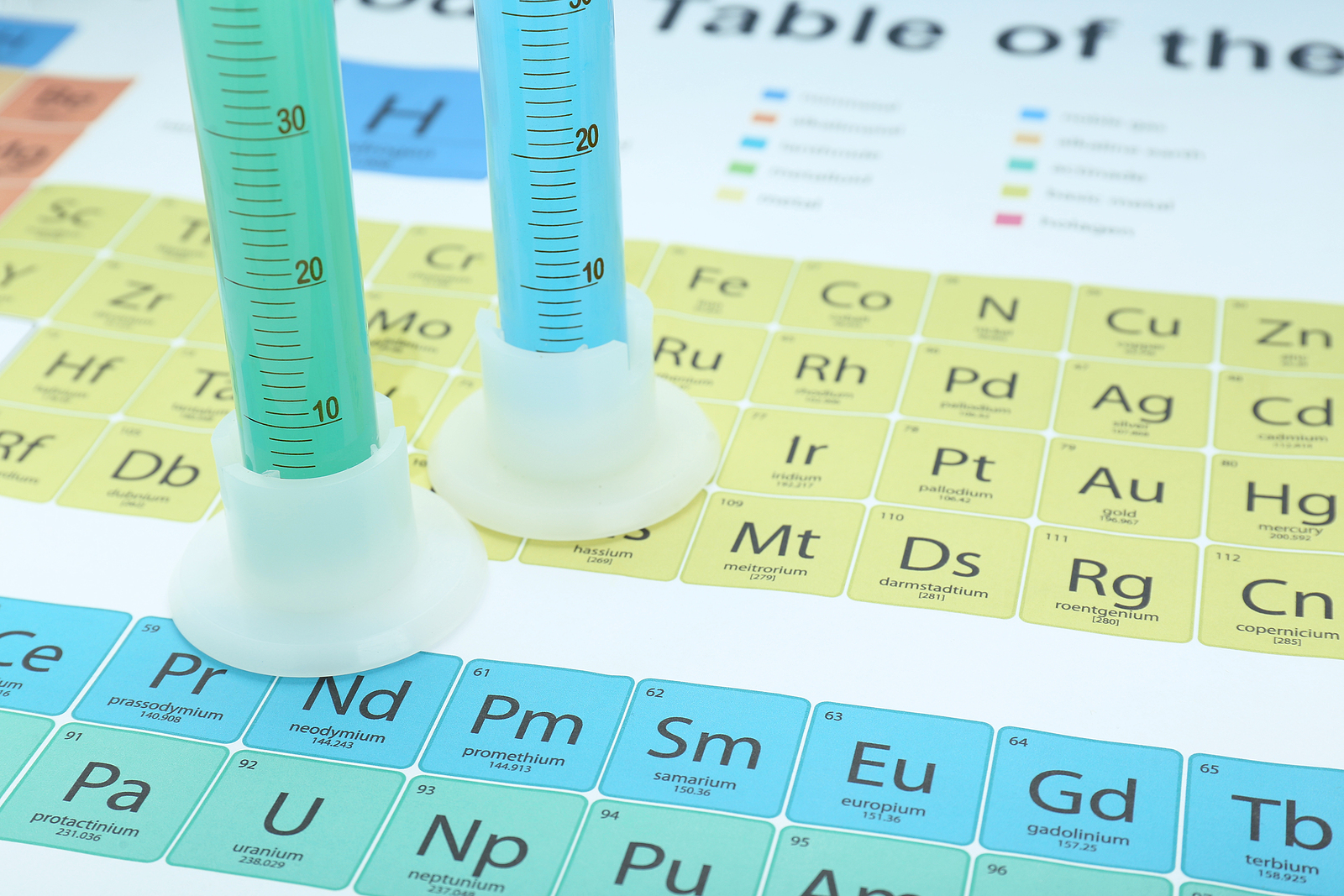A disappointing grade in math or chemistry can feel like a huge setback, especially if you’re working towards important exams like the O-Levels. But it’s not the end of the road. Many students face similar struggles, whether it’s falling behind on a topic or dealing with exam stress. What truly matters is how you respond and move forward.
Whether it’s A-Math formulas or tricky Chemistry concepts like mole calculations or organic reactions, these subjects are challenging by nature. But with the right mindset, a few changes to your habits, and consistent effort, it’s entirely possible to turn things around.
Understand what went wrong
Start by taking a closer look at your most recent test or assignment. Where did you lose the most marks? Was it careless mistakes, time management issues, or lack of understanding? Analysing your performance honestly can help you pinpoint your weak spots.
For example, in A-Math, many students struggle with algebraic manipulation or trigonometry under time pressure. In Chemistry, concepts like chemical bonding or stoichiometry can become confusing without a strong foundation. Identifying exactly what tripped you up allows you to address those issues directly, rather than feeling lost.
Avoid cramming and start planning
It’s common to fall into the trap of cramming right before exams, especially when trying to “catch up”. But this often leads to more stress and confusion, rather than real improvement. Most schools would have notified their students at least two weeks in advance about the topics to be tested. Hence, proper time management such as breaking study materials into manageable chunks and dedicating 15 to 20 minutes each day to study, can greatly improve preparation.
Creating a realistic weekly timetable can work wonders. Dedicate specific time slots for different topics, prioritising those you struggle with most. For example, set aside one session for redox reactions and another for linear law in A-Math. This builds routine and reduces last-minute panic.
Re-learn the basics if needed
Low grades often come from weak fundamentals. It might feel frustrating to go back to previously taught topics, but revisiting the basics is sometimes the fastest way to move forward. If you’re confused by electrochemistry, it might help by first reviewing and memorising Redox concepts and Ionic Equations as these make up the basic understanding of electrochemistry.
Likewise, if polynomials or indices in A-Math are giving you trouble, brushing up on algebra rules and law of indices can help rebuild your confidence. Don’t feel embarrassed to re-learn, it’s a sign of maturity and commitment to improvement.
Ask for help the right way
It’s okay to ask for help, in fact, it’s encouraged. Instead of saying “I don’t get this chapter,” try “I don’t understand why this equation is rearranged like that” or “I’m not sure how this reaction classifies as a Displacement reaction.” This helps your teacher, tutor or friend give you targeted, effective explanations. Another effective way to ask for help is by sending questions or homework along with your attempted answers. This allows your tutor to pinpoint exactly where you went wrong or which concepts you’ve misunderstood, making their feedback much more helpful.
Joining a group for O-Level Chemistry tuition or looking for O-Level A-Math tuition in Singapore can also offer structure and expert guidance. You’ll benefit from clearer explanations, practice materials, and the encouragement that comes from being part of a learning community.
Practice consistently and smartly
Math and Chemistry are both subjects that require practice, but not just any practice. Instead of repeatedly doing questions you already know, focus on those you often get wrong. Challenge yourself with unfamiliar problems and review your mistakes thoroughly. Understand why you got something wrong, so you won’t make the same mistake again.
Using past-year O-Level papers is especially helpful in the Singapore context, as the question styles and difficulty levels will be familiar. Also, review the marking scheme and examiner’s comments to better understand what’s expected in your answers.
Stay positive and don’t compare yourself
Everyone learns at a different pace. Just because your classmate grasped a concept faster doesn’t mean you won’t get it. You just need to find your way of understanding it. Comparing your grades or progress with others too often can leave you feeling discouraged or demotivated.
Focus on your own journey. Celebrate small wins, like getting one question right that you previously got wrong or completing a worksheet without careless errors. These victories add up over time and help rebuild your confidence.
Use the holidays wisely
If the term break or holidays are coming up, use that time to solidify your understanding instead of just “resting” from studies. That doesn’t mean non-stop mugging, but a well-balanced study plan over the holidays can give you a significant head start.
You can revisit tough topics at your own pace, without the pressure of regular schoolwork. Many students find holiday revision the perfect time to finally grasp the concepts they kept struggling with during the term.
Consistency beats motivation
There will be days when you’re just not in the mood. That’s normal. Instead of relying on motivation alone, build a consistent habit. Set a daily or weekly routine that becomes second nature, even just 30 minutes a day of focused revision can make a big difference over time.
Treat your revision like training for a sport. You won’t see results overnight, but with regular effort, your skills improve, and your confidence grows.
Final thoughts
Bouncing back from a low grade is not about being perfect or never failing again. It’s about being resilient, learning from your mistakes, and choosing to keep going. With the right mindset, support, and strategies, you can absolutely improve and succeed in both Math and Chemistry.
At Studious Minds, we’re here to support your academic journey every step of the way. Our programmes are designed to help you gain clarity, build confidence, and master the skills you need, so if you’re ready to turn things around, let’s get started together.




